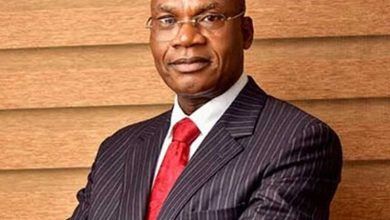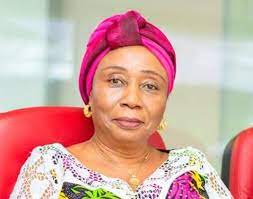
The National Health Insurance Authority (NHIA) has announced a major milestone in Nigeria’s health insurance coverage, with 19.2 million citizens now enrolled in health insurance schemes. This figure exceeds the NHIA’s 2024 target and brings the country closer to its ambitious 2027 goal of covering 95% of the population.
The Director-General of NHIA Kelechi Ohiri, made the announcement during the Universal Health Coverage (UHC) Day commemoration in Abuja. The roundtable event, which was part of activities marking the 2024 UHC Day, focused on Nigeria’s progress toward achieving universal health coverage, identifying challenges, and plotting a course of action for the future.
Ohiri attributed this achievement to strategic policy reforms, effective collaboration with key stakeholders, and a relentless focus on universal health coverage. He highlighted that the success was driven by initiatives like the expansion of the Basic Healthcare Provision Fund (BHCPF) and partnerships with state health insurance agencies. These efforts are aimed at ensuring that all Nigerians, particularly the most vulnerable populations, have access to affordable healthcare.
“This achievement surpasses our 2024 target and places us within striking distance of the 2027 presidential coverage goal,” Ohiri said. He emphasized that the milestone reflects the federal government’s strong commitment to improving the healthcare system, as outlined in the National Health Act.
Despite challenges such as funding constraints, infrastructure deficits, and shortages in healthcare personnel, the NHIA remains optimistic. The agency’s strategic roadmap for 2025-2027 includes scaling up digital enrollment processes and expanding health insurance coverage to informal sector workers.
Ohiri also urged state governments and private sector stakeholders to increase their efforts to sustain this momentum and fill the remaining gaps in coverage. “We must prioritize Primary Health Care (PHC) as the foundation of our health system,” he said.
The Commissioner for Health in Yobe State, Muhammad Lawal, also affirmed the significance of UHC, stressing that the health of the population especially vulnerable groups—should never be negotiable. Bolanle Olusola-Faleye from the USAID LHSS Project lauded the reforms such as the Sector Wide Approach (SWAp), which has shown success in states through harmonized operational plans.
Public health advocates have commended the progress, but emphasized that more work remains. Garfa Alawode, Co-convener of the UHC2023 Forum, noted that while the milestone is commendable, the focus should now be on ensuring that health insurance translates into tangible improvements in health outcomes for all Nigerians. Alawode called for continued political will, increased funding, and robust monitoring systems to sustain the gains.





